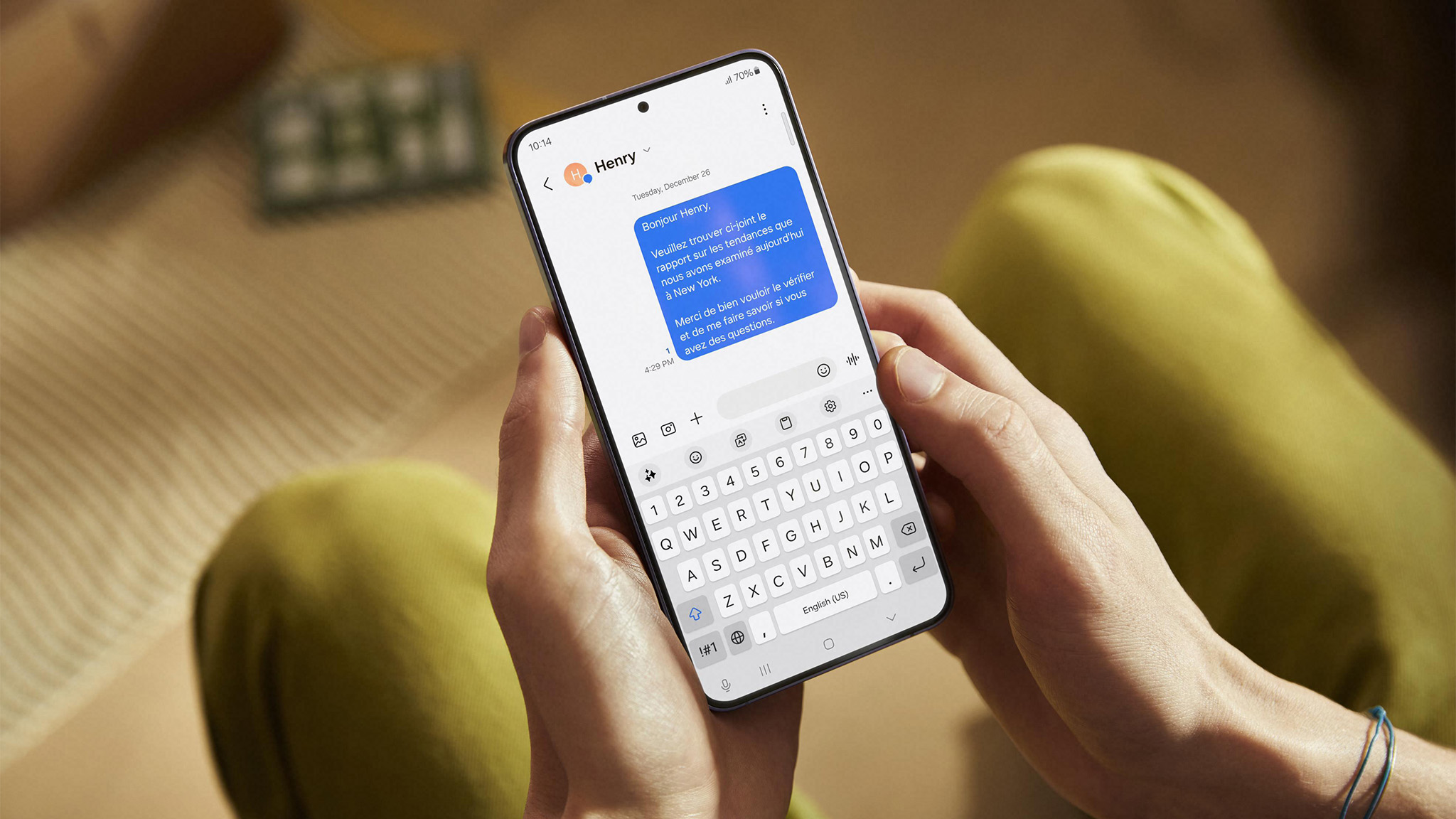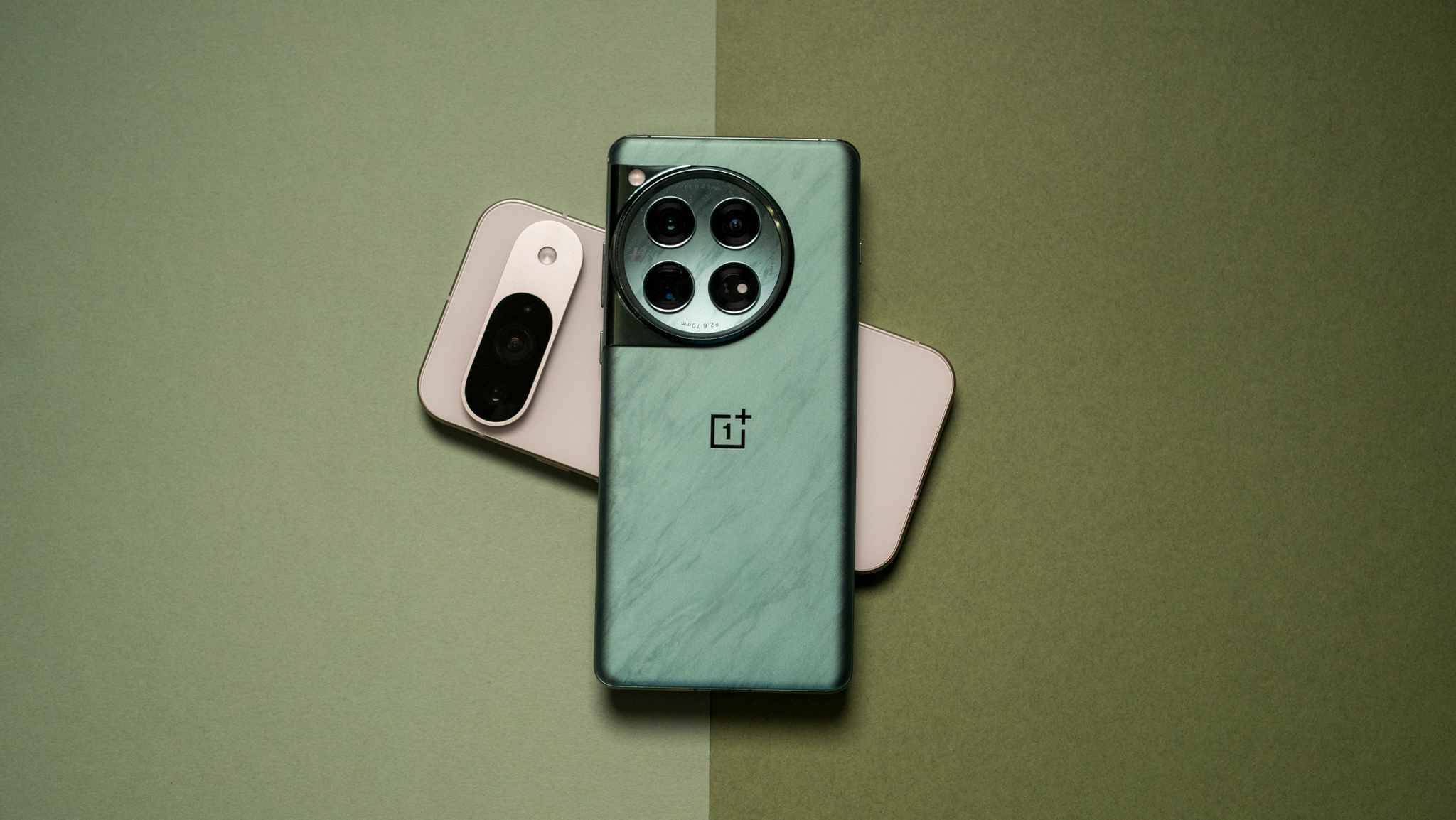If there is one thing Android users do better than anyone else, it’s making a fuss over things that aren’t really mysterious or misleading. Thanks to internet brand rivalry and one-sided loyalty to a company that doesn’t even know you exist, every little thing can quickly become a scandal.
The latest example of this is that the Pixel 9 (and every Pixel phone before it) doesn’t support Android 15’s stingray protections. No, not the swimming, fishy kind of stingray; the small device designed to capture your SMS messages and phone calls.
The heart of the issue is that these settings did appear in beta builds of Android 15 on the Pixel, even though they did nothing because the phone’s hardware or configuration doesn’t support it. When Android 15 proper came around, they were gone. As they should have been because they are not supported.
That’s it. Nothing more. Many phones don’t support these features, but because the Pixel comes from Google, who worked on ways to fight this, some folks think there is some sort of conspiracy afoot or something. I don’t work for Google, but I can assure you there isn’t. When and if the feature can be supported, the settings will appear.
This is worth noting because if you are interested in the protections offered here, you should know which phones actually support them. If you’re like everyone else who wasn’t going to use them anyway, feel free to say “huh” and move on to the next thing without any guilt over not participating in the outrage. This is why beta builds exist — to catch mistakes like exposing an invalid setting before a product comes to market. If not having this feature influences your buying decisions, don’t buy a Pixel phone, and you’re good.
There is something to think about here, though: what does phone security mean, and can complaining really make a difference?

For some people, being an active target of phone hacking is a valid concern. The rich, the famous, the leaders of the world, these folks have to worry about someone getting into their phones and digging for information they do not want to share. Smart people with these needs have a professional manage their communication devices and use hardened and/or strictly locked down devices that are a lot safer than the phone you bought off Amazon. Others need to depend that their phone has the latest patches against remote exploits and features like stingray protection.
Most likely, you don’t fall into any of these groups and are like me: just an average person who still doesn’t want anyone to see anything I don’t want to share. Security is still important, but not in the same way and not for the same reasons. We need protection from ourselves.

For us, the most important part of a security-focused patch or update is the things that keep some random bit of code from doing things it shouldn’t be allowed to do because we clicked OK on the wrong thing. Maybe we followed a link we shouldn’t have, and something got downloaded. Maybe we installed an app that tries to do things it shouldn’t. Maybe someone installed something when we weren’t looking. This happens far more often than when foreign spies actively target our devices or SMS messages, but it can have the same result.
When the company that made your phone holds these security updates from you, and you get upset, that’s a lot more productive than crying foul when a phone doesn’t support a thing it was never advertised as supporting. Neither may make a difference because the companies involved rarely care about anything but profits, but our continued complaining might; even Motorola now sells phones that get software support for six years or more.
Maybe being outraged is the right call. That’s for you to decide, and I’ll decide where to focus my displeasure. Complaining about a thing long enough can make a difference.
Just complain about the right thing — Pixel phones (and all phones) should support some security issue Google found important enough to make part of Android itself. A setting that was in beta software but missing from the release build is a different story.
